Hong Kong’s Strategic Role in Shaping the Future of Global Voluntary Carbon Markets
In an era where climate change demands urgent global action, carbon markets have emerged as a critical tool for driving corporate decarbonization and sustainable economic transformation. On April 15, 2025, Hong Kong took center stage as the Securities and Futures Commission (SFC) and Hong Kong Exchanges and Clearing Limited (HKEX) co-hosted the inaugural International Carbon Markets Summit. The event brought together over 200 global leaders, including regulators, corporate executives, and investors, to address the challenges and opportunities shaping the future of voluntary carbon markets.
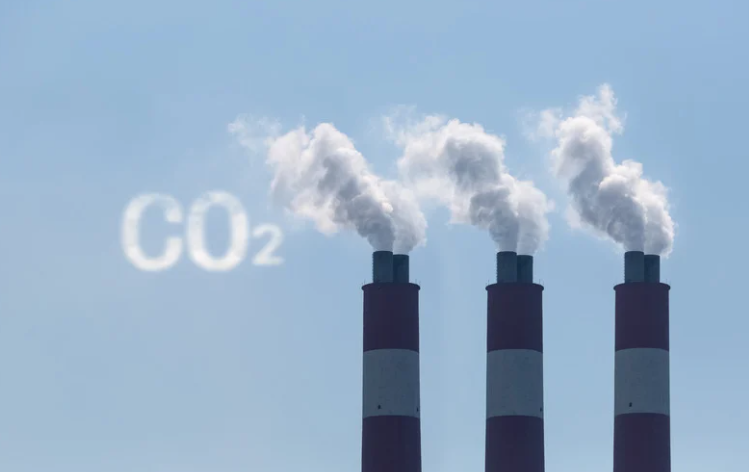
The State of Global Carbon Markets: Growth Amidst Challenges
The voluntary carbon market has seen exponential growth, expanding from $340 million in 2019 to approximately $2 billion in 2024, with projections exceeding $3 billion by 2025. Yet, this rapid expansion has not come without hurdles. Fragmented standards, lack of transparency, and technological bottlenecks threaten market integrity and investor confidence.
Summit discussions highlighted the urgent need for harmonized international standards to ensure credibility and scalability. As noted by SFC Chief Executive Officer Julia Leung, “Adhering to best practices and international principles is fundamental to building a credible and transparent carbon market ecosystem.” This call for unity resonated across panels, emphasizing that trust and compliance are non-negotiable for global market expansion.
The Imperative of International Standards
A recurring theme at the summit was the critical role of standardized frameworks in credit issuance and secondary trading. Divergent methodologies for carbon credit verification have historically undermined market trust. By adopting unified protocols, markets can attract institutional investors and foster cross-border liquidity.
Hong Kong's strategic position as a global financial hub offers a unique opportunity to bridge regulatory gaps. The city's robust legal infrastructure and familiarity with international best practices position it as a natural candidate to lead standardization efforts. As Secretary for Environment and Ecology Tse Chin-wan remarked, “Hong Kong's role extends beyond participation—it is a catalyst for innovation and governance in global carbon markets.”
Technology as a Catalyst for Transparency and Efficiency
The summit underscored the transformative potential of technologies such as blockchain and artificial intelligence. Blockchain, in particular, emerged as a game-changer for ensuring the immutability and traceability of carbon credit transactions. By creating an indelible digital ledger, blockchain can eliminate double-counting and enhance market transparency, addressing long-standing concerns about fraud and inefficiency.
Artificial intelligence further promises to streamline carbon credit verification processes, reducing costs and accelerating market scalability. For international businesses navigating complex regulatory landscapes, these technological advancements offer a pathway to compliance while unlocking new investment opportunities.
Hong Kong's Pivotal Role in the Global Carbon Ecosystem
Hong Kong's geographic and financial advantages were repeatedly highlighted as indispensable to the future of carbon markets. Secretary for Financial Services and the Treasury Christopher Hui emphasized the city's potential to serve as a “bridge” between East and West, leveraging its deep capital pools and regulatory expertise to connect markets.
Beyond its financial muscle, Hong Kong's government is actively shaping the ecosystem. Initiatives such as the Climate Champions platform and the Carbon Market Development Steering Committee reflect a commitment to fostering innovation while ensuring compliance with global standards. For multinational corporations and institutional investors, Hong Kong's policy framework provides a stable and attractive environment to deploy capital into carbon markets.
A Vision for the Future: Collaboration and Innovation
As the summit concluded, participants emphasized that the path forward requires collective action. Harmonized standards, technological integration, and policy coherence are not mere aspirations but necessities for a scalable carbon market.
For international stakeholders, Hong Kong's leadership offers a beacon of stability in an evolving regulatory landscape. By positioning itself as a hub for carbon innovation, the city invites global collaboration while creating opportunities for businesses to align profitability with sustainability.
In an interconnected world grappling with climate uncertainty, the success of voluntary carbon markets will hinge on trust, transparency, and strategic partnerships. Hong Kong's role as a convener and innovator is not just advantageous—it is essential. As the global community inches closer to net-zero ambitions, the lessons and frameworks emerging from Hong Kong will undoubtedly shape the carbon markets of tomorrow.






















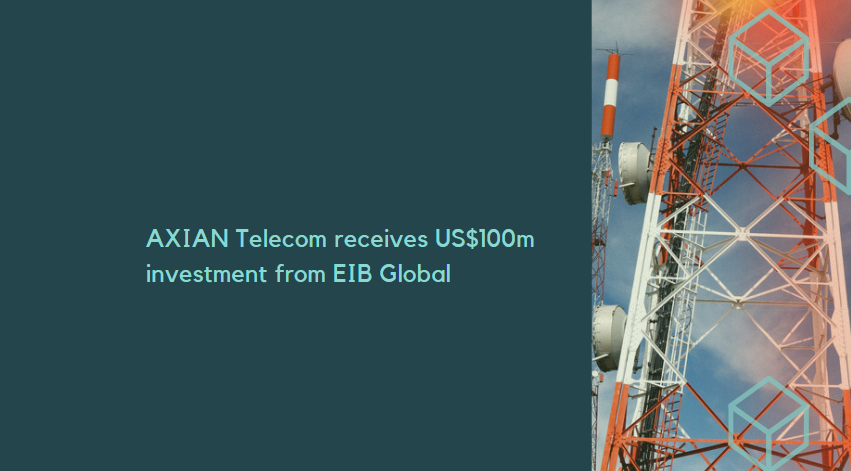
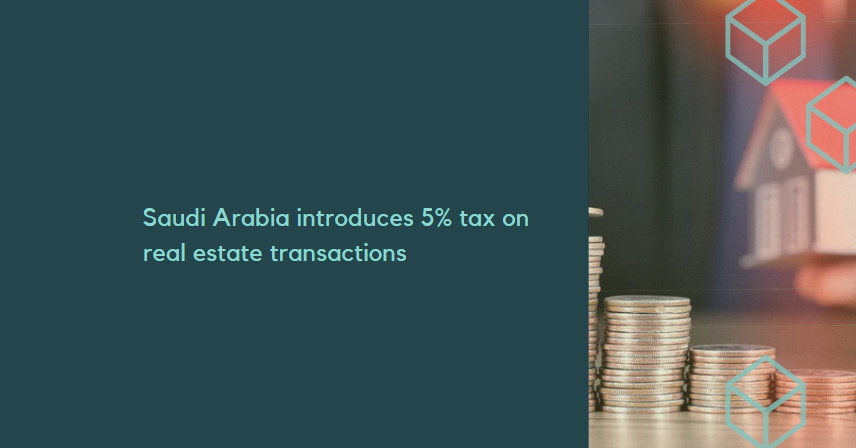
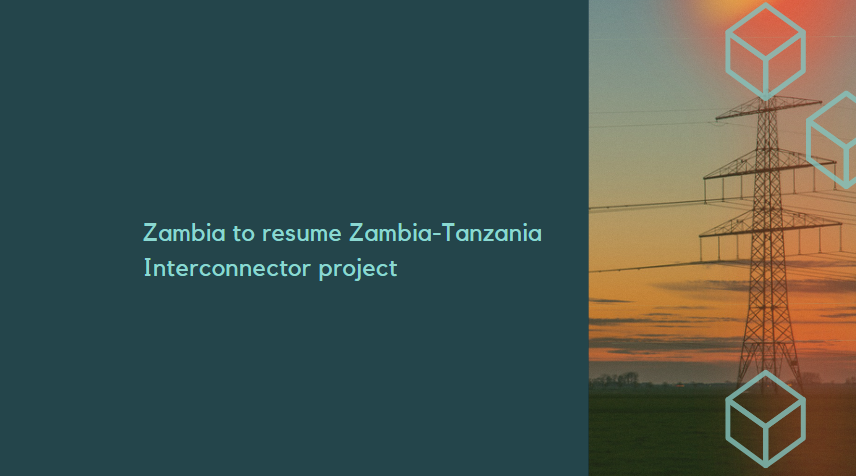
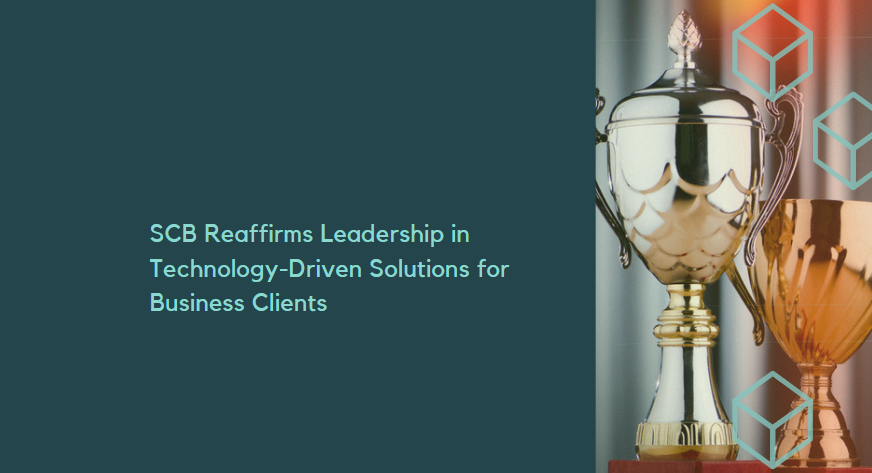


























First, please LoginComment After ~